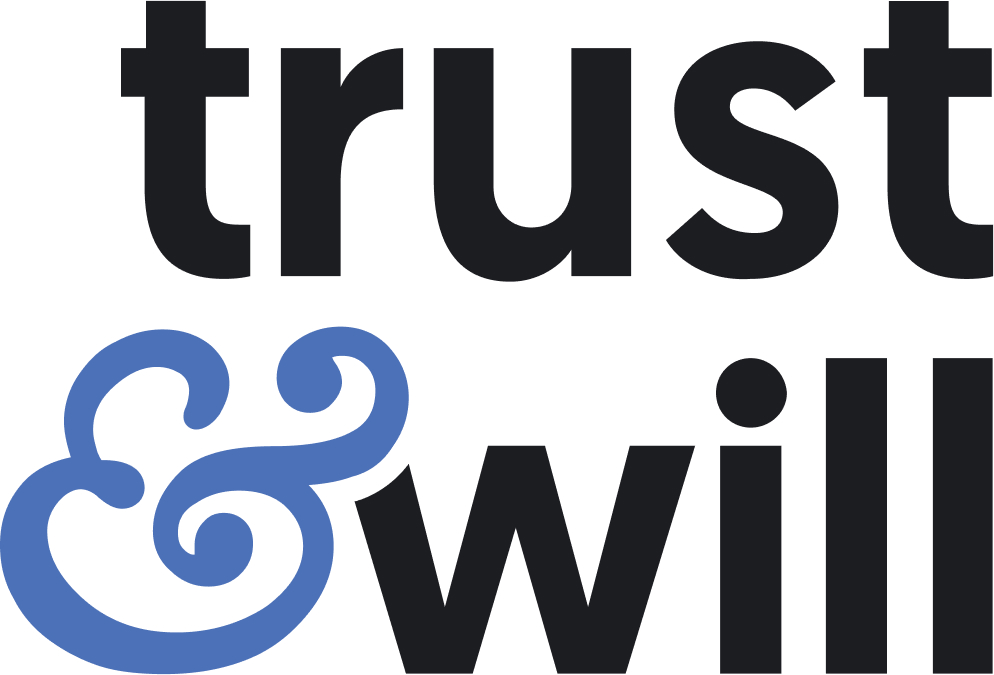Cash in life insurance coverage and retirement accounts usually transfers on to designated beneficiaries when the account house owners die, thus avoiding probate. A payable on demise (POD) designation ensures a daily checking account can also robotically switch to a beneficiary with out going via probate.
What’s a payable on demise (POD) account?
Payable on demise is an association between a monetary establishment and a shopper beneath which the shopper designates particular beneficiaries to obtain the account’s property when the shopper dies. Due to this direct switch, POD-designated accounts bypass probate, the authorized course of for distributing property after somebody dies
.
Listed below are some key issues to recollect about POD accounts:
-
If the account holder lives in a group property state, their partner usually has a authorized declare to half of the property within the account until the property have been inherited or acquired earlier than marriage.
-
As a result of a POD account is revocable, the proprietor can shut the account, withdraw the entire cash in it or change the beneficiary at any time.
-
If the account is collectively owned, the beneficiary can’t entry the property within the account till each house owners have died. The beneficiaries named by the second surviving proprietor will inherit the account.
-
POD accounts are additionally typically known as switch on demise (TOD) accounts, Totten trusts or casual revocable checking account trusts. Nonetheless, TOD accounts are typically for securities and funding property, whereas POD accounts are customary financial institution accounts. Some states enable TOD deeds for actual property or automobiles
.
 Greatest for: Ease of use. Value: One-time charge of $159 per particular person or $259 for {couples}. $19 annual membership charge thereafter. |
 Greatest for: Customers who need an all-inclusive expertise. Value: $99 per yr for Starter plan. $139 per yr for Plus plan. $209 per yr for All Entry plan. |
 Greatest for: State-specific authorized recommendation. Value: $89 for Fundamental will plan. $99 for Complete will plan. $249 for Property Plan Bundle. |
Professionals and cons of a POD account
|
Benefits |
|
|---|---|
|
The account goes on to your designated beneficiary with out going via probate, which could be pricey and time-consuming. |
You’ll be able to’t identify alternate or backup beneficiaries to a POD account, that means the account will stay a part of your property if the beneficiary dies earlier than you. |
|
Sometimes, you possibly can identify a number of beneficiaries who will cut up the property, however they’ll probably cut up them evenly; just some states enable an unequal distribution of property in a POD account. |
|
|
POD accounts override a final will and testomony. The named beneficiary on a POD account will obtain the property regardless of whom they’re designated to within the will. |
POD accounts could make debt, taxes and loans difficult upon the proprietor’s demise, particularly if there are a number of beneficiaries. If there are unpaid taxes or money owed, the account could also be topic to claims by collectors. |
How one can arrange a POD account
You often can add a POD designation to any private checking account, financial savings account, certificates of deposit (CD), particular person retirement account (IRA) or funding account. These are the steps to take:
-
Request payable on demise paperwork from the financial institution or credit score union the place you retain the account. This kind could also be known as a Totten belief, and you will have to go to a department in particular person.
-
Select your beneficiary, and fill out their info on the shape. You could want to provide the beneficiary’s full authorized identify, Social Safety quantity, deal with and birthdate.
-
Return the finished varieties and supporting documentation to the monetary establishment.
Are payable on demise (POD) accounts topic to taxes?
Sure, POD accounts are often taxable. Though they bypass probate, they’re nonetheless thought of a part of the proprietor’s property for tax functions. Most estates aren’t topic to property tax; for 2023, as much as $12.92 million of an property is exempt from federal taxation.
The beneficiary of the account might need to pay state inheritance taxes. If the account proprietor has unpaid debt or taxes after they die, collectors would possibly make claims on the account. Curiosity earned on the property is often taxable.
Is a payable on demise (POD) account the identical factor as a joint tenants with proper of survivorship (JTWROS) account?
No. A joint tenants with proper of survivorship (JTWROS) account designation offers each account house owners equal rights to the property and bypasses probate. POD account property, however, switch to a named beneficiary upon the proprietor’s demise, whereas JTWROS account property merely go to the opposite account proprietor.
Why is a POD account known as a Totten belief?
A Totten belief is identical factor as a payable on demise checking account. The identify comes from a 1904 courtroom case by which the courtroom dominated that somebody may open a checking account as a trustee for an additional one that would obtain the cash when the account proprietor died.




